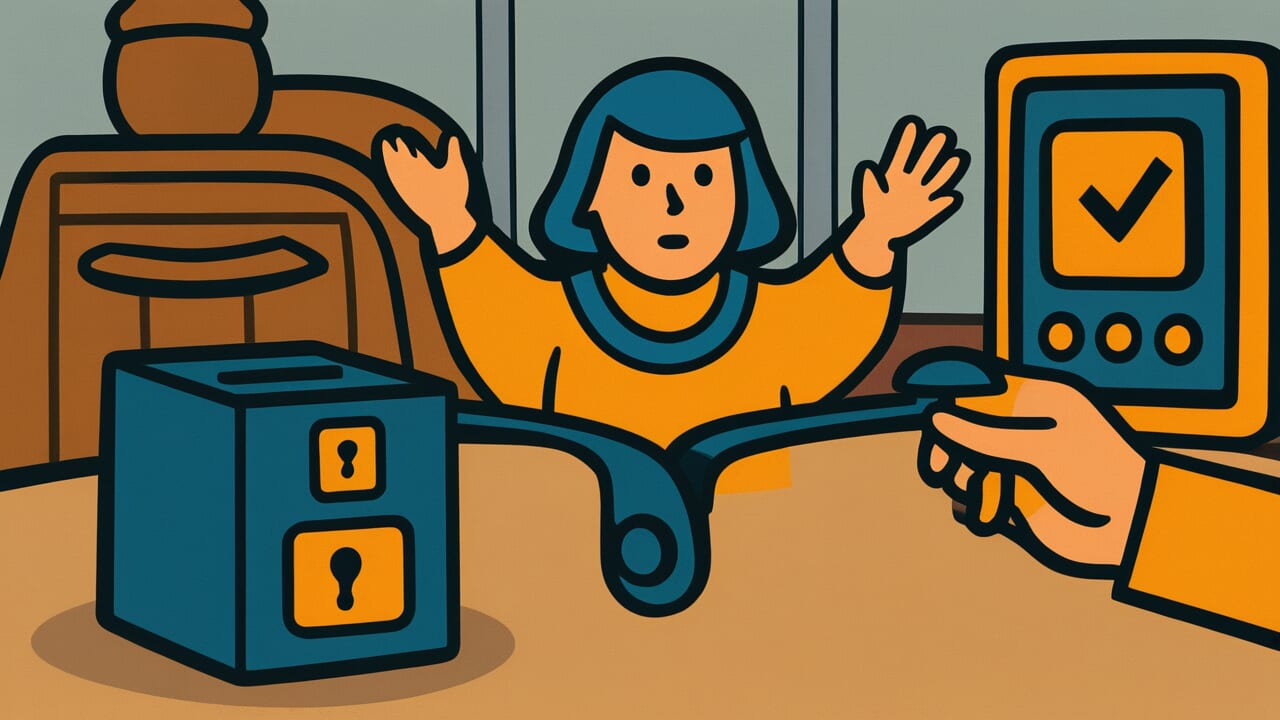How to Read “Those who control the present with the past do not understand the changes of circumstances”
inishie wo motte ima wo seisuru mono wa koto no hen ni tassezu
Meaning of “Those who control the present with the past do not understand the changes of circumstances”
This proverb means that people who cling to old methods or past successes cannot adapt to changing times.
It warns against the attitude of applying what worked in the past directly to current situations.
When times change, social systems and people’s values change too.
If you hold too tightly to past glory or traditional methods, you cannot understand the changes happening right in front of you.
This makes it impossible to respond appropriately.
This proverb is used when organizations or individuals stick to outdated methods.
It applies when claims like “this worked before” or “we should preserve traditional ways” ignore the reality of change.
Today, with rapid technological innovation and globalization, this lesson matters more than ever.
The proverb teaches us that flexible thinking and adaptability are the keys to success.
Origin and Etymology
This proverb likely comes from ancient Chinese philosophy, especially from the Legalist school of thought.
Legalism developed during China’s Warring States period before the common era.
It emphasized reforming legal systems to match changing times.
The phrase “control the present with the past” refers to the attitude of applying past methods or systems directly to govern the present.
“Control” means to rule or manage.
“Changes of circumstances” refers to transformation and variation.
“Do not understand” means being unable to comprehend or respond.
The writings of Han Feizi, a major Legalist thinker, contain passages about the dangers of clinging to outdated methods.
Legalists argued that when social and economic conditions change, governing methods must change too.
Even if ancient sages’ methods were excellent in their time, they become ineffective when times change.
This proverb condensed that realistic Legalist philosophy into a memorable expression.
It came to Japan and took root as a universal lesson about the importance of adapting to change.
Usage Examples
- Doesn’t he know that those who control the present with the past do not understand the changes of circumstances? He’s completely ignoring the wave of digitalization
- If you cling to past successes, you’ll prove that those who control the present with the past do not understand the changes of circumstances
Universal Wisdom
The universal truth in this proverb addresses a deep human tendency: attachment to the past.
Everyone feels comfort in methods that once worked well.
The past is a psychological safe zone.
We’d rather cling to what was certain than face an uncertain future.
Why do people fear change? Because change always carries risk.
Trying new methods means accepting the possibility of failure.
Past methods, on the other hand, have a track record of “at least one success.”
This psychological comfort binds people to the past.
But our ancestors saw the danger in this human trait.
The world constantly changes, like a flowing river that never stays the same.
Past success depended on the conditions of that time.
When conditions change, there’s no guarantee the same methods will work.
This proverb has been passed down through generations because people in every era repeat the same mistakes.
Organizations, nations, and individuals cling to past glory, refuse to change, and decline.
Human wisdom gained from witnessing this pattern countless times is condensed in these few words.
When AI Hears This
Past success patterns stop working because the variables in social systems continuously increase over time.
For example, in Edo-period Japan, the class system restricted movement, information traveled by foot messenger, and economic activity was limited.
If society operated on just dozens of variables, the combination patterns remained manageable.
Modern society, however, has tens or hundreds of thousands of interacting elements.
These include global economics, the internet, diverse values, and complex financial systems.
Complexity science shows that interaction patterns explode exponentially as elements increase.
Ten elements create hundreds of combinations, but a thousand elements create astronomical numbers.
This mirrors the second law of thermodynamics and entropy increase.
Just as gas molecules spread in a sealed container, societies inevitably become more complex over time.
Crucially, this process is irreversible. Once variables increase, they don’t decrease.
Ancient success formulas were solutions for low-entropy states with few variables.
In high-entropy states where variables have multiplied a hundredfold, applying the same solution controls less than one percent of the system.
Past wisdom becomes ineffective because social complexity increases according to physical laws.
Lessons for Today
This proverb teaches you the importance of embracing change and continuing to learn.
Look around you. Technology, work styles, and human relationships are all constantly changing.
What was common sense five years ago often doesn’t apply today.
In such times, we need the ability to adapt flexibly rather than clinging to “how we’ve always done it.”
The key isn’t rejecting the past. Past experience is a valuable asset.
But have the courage to modify it for current situations rather than treating it as absolute.
Think “what should we do now?” instead of “this is how it was before.”
Practically, this means consciously making time to learn new knowledge and skills.
Reading, online courses, or conversations with people all work.
Always learn, always update. This attitude gives you the power to survive in rapidly changing times.
You definitely have the ability to adapt to change.
Trust that power and take the first step.



Comments